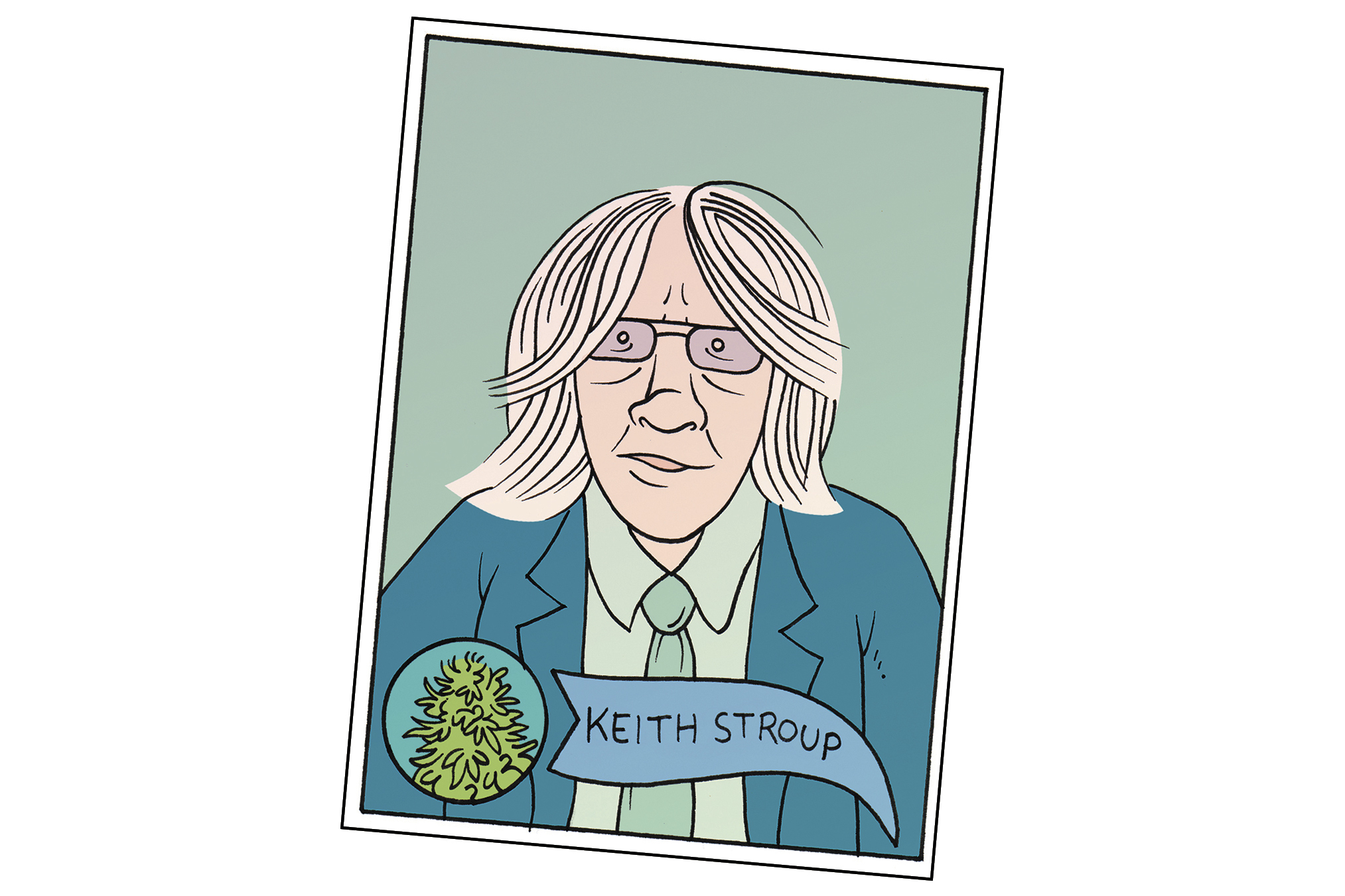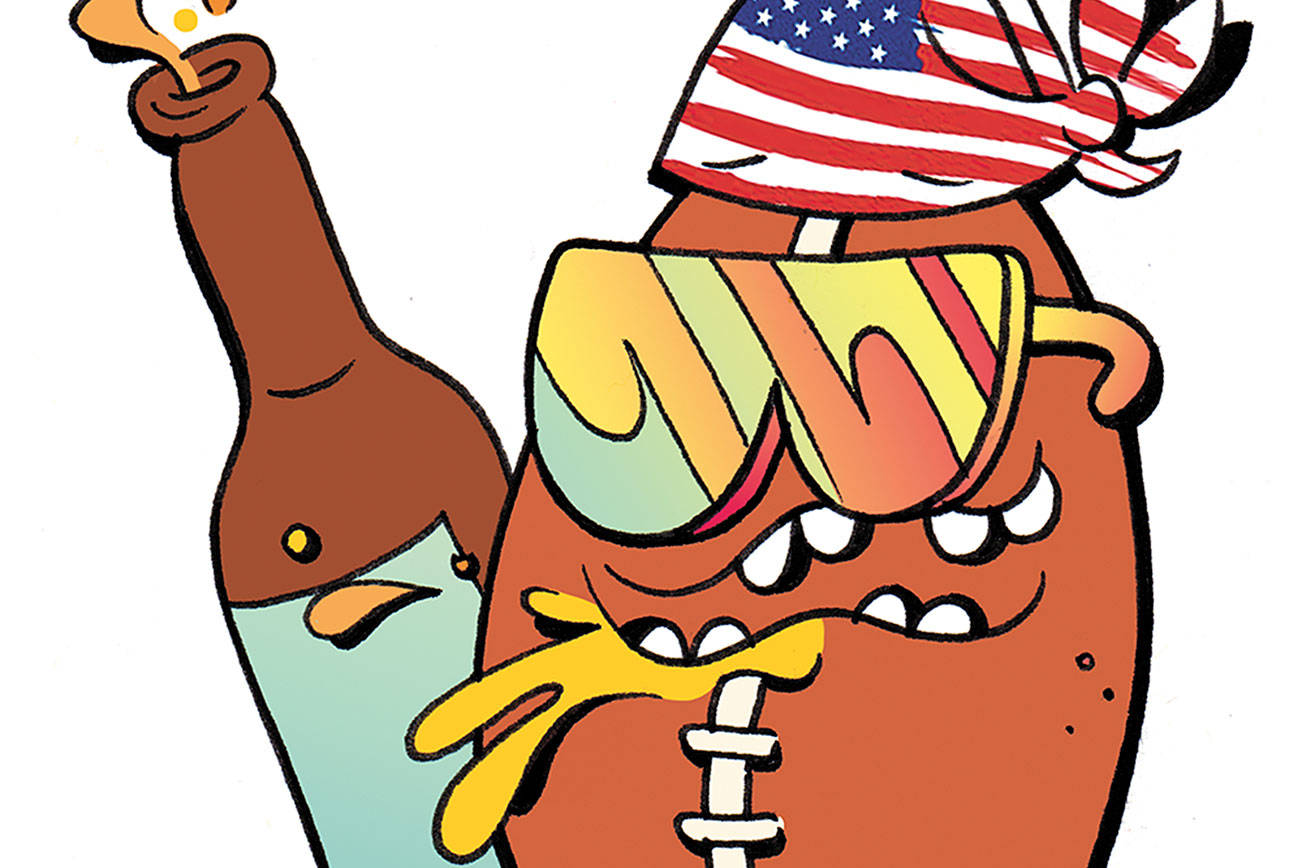Keith Stroup’s beginnings are as humble as his path is unlikely. He was born to Baptist parents just after Christmas 1943 on a 150-acre farm in Dix, a town that’s not much more than a speck of pepper on the map of Illinois. Stroup and his brother grew up hunting squirrels, shooting off firecrackers, and avoiding the church where dancing, drinking, and most certainly smoking were forbidden. But that childhood laid the groundwork for events that would lead him to be a keynote speaker at the third annual Cannabis World Congress in New York last week, and land him on my list of Cannabis Luminaries.
As backwoods as this upbringing may sound, Stroup’s father did run a successful construction business and was the most vocal Republican in Dix. His annual fish fries became the talk of the town, where political figures and regular folks could get together and relax.
Never very comfortable with his surroundings, Stroup left home abruptly following a night of drinking with some high-school buddies. He hitchhiked to Yellowstone, but came back after a family friend convinced him to go to law school. He entered that fall. After a rough go there, Stroup made his way to Washington, D.C., where he tapped his dad’s political buddies and bounced from one well-heeled, high-salary job to the next. At one point he eventually snagged a job with the Consumer Product Safety Commission, where he met Larry Schott, who got Stroup high, really high, for the first time. (Brownies.)
By 1970 a cauldron of political activism was brewing in America, and Stroup sat at the crossroads as both a government worker and illegal cannabis user.
Though by 1970 other groups were working on marijuana reform from various angles, Stroup and Schott were unaware of their efforts, and the two young men forged a path out of their personal experiences. Influenced by Ralph Nader’s consumer advocacy, Stroup formed the National Organization for the Reform of Marijuana Laws—NORML—hoping the group would stand up for hardworking, tax-paying middle-class folks who prefered a puff of weed to a glass of whiskey at the end of their day. He tapped Hugh Hefner and The Playboy Foundation for seed money, eventually receiving $5,000. That quickly grew into $100,000, and Stroup, Schott, and NORML entered the fray of American prohibition politics with The Playboy Foundation as a regular supporter, running ads for the group in the magazine. They scrambled to get pro-marijuana scientists and doctors on board, as well as celebrities and high-profile writers—anyone famous, respectable, and willing to go on record about safe cannabis usage or outdated laws.
Working with another magazine, High Times, NORML helped create an atmosphere in D.C. where drugs and politics mixed—at times literally. After disagreeing with President Carter’s drug advisor, Peter Bourne, over the government’s use of paraquat, a nasty herbicide, on Mexican pot groves, Stroup outed Bourne for doing coke at a NORML party—and was ousted from his executive directorship. “The folks at NORML don’t like snitches,” Stroup said later.
Stroup lobbied for various groups after that, never straying far from the cannabis movement. In 1994 he was asked back to NORML, and was their executive director until 2005. Since then he’s served as the group’s legal counsel, lectured, and written a book: It’s NORML to Smoke Pot: The 40-Year Fight for Marijuana Smokers’ Rights.
And the fight goes on.
stashbox@seattleweekly.com









